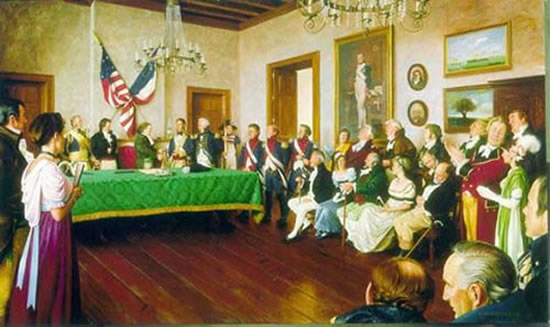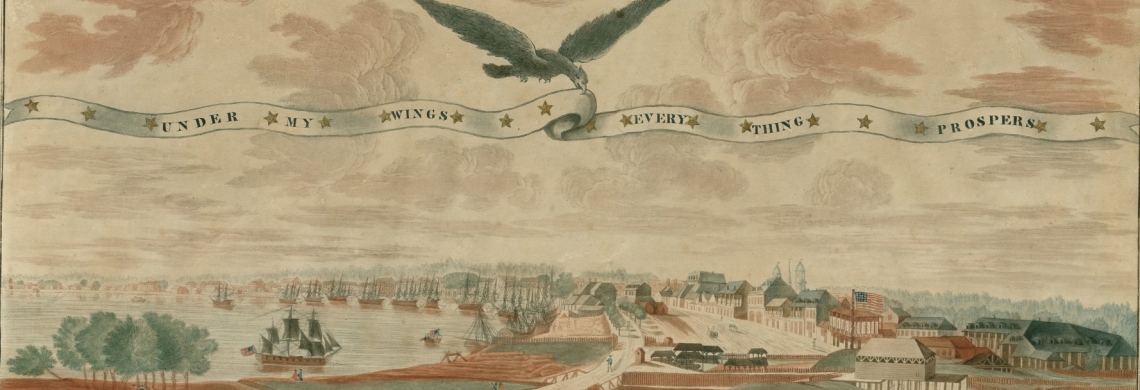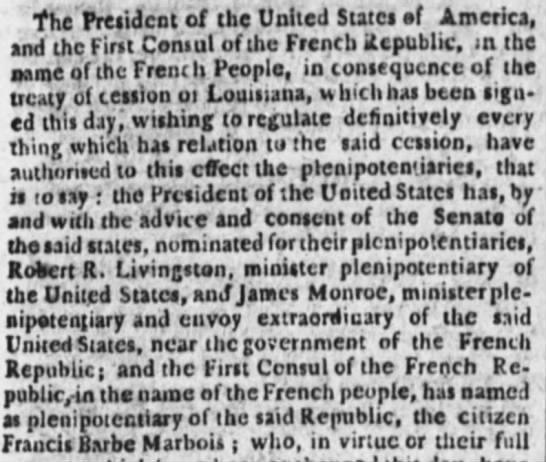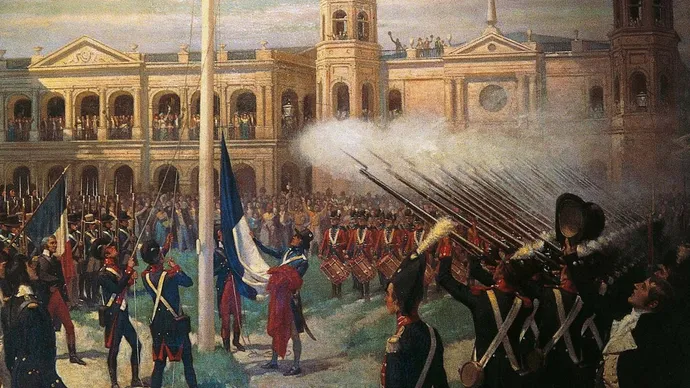
The Historic New Orleans Collection .
Conclusion
On October 20, 1803, Congress ratified the Louisiana Purchase. France formally transferred Louisiana to the United States in December.
The Louisiana Purchase ended the right of self purchase and excluded free people of color from participating in Democratic Institutions. The city of New Orleans restricted the activities of free people of color, limiting their movement from one location to another, requiring them to carry freedom papers, and to seek consent from the mayor to reside within the city. A new law required all free slaves to leave the state within thirty days while owners were forced to post a $1,000 bond to ensure departure.
https://www.britannica.com/video/167171/Overview-Louisiana-Purchase
https://www.britannica.com/video/167171/Overview-Louisiana-Purchase
The Louisiana Purchase displaced Native Americans. As the country grew, they were forced off their land. Many dying along the road, they were subjected to unjust treaties, genocide, and discrimination.

Ceremonial transfer of the Louisiana Purchase in New Orleans, 1803. (Painting by Mike Wimmer for The Oklahoma State Senate Historical Preservation Fund.)..
“An act to enable the President of the United States to take possession of the territories ceded by France to the United States, by the treaty concluded at Paris on the thirtieth of April last, and for the temporary government thereof.”
~ U.S. Congressional Documents and Debates, 1774- 1875

A view of New Orleans made months after the Louisiana Purchase depicts an eagle holding a scroll and an American flag. (THNOC, The L. Kemper and Leila Moore Williams Founders Collection,.
History.com...

The Evening Post(New York, New York) 05, Jul, 1803,Tue...

Hoisting American Colors, Louisiana Cession, oil on canvas by Thure de Thulstrup, 1903. W. Buss—De Agostini Editore/age fotostock.
"If we had not made this purchase, it would have pinched off the possibility of our becoming a continental power. That, in turn, would have meant our ideas on freedom and democracy would have carried less weight with the rest of the world. This was the key to our international influence."
~ Stepehen E. Ambrose, The Mississippi and the Making of a Nation
With careful diplomacy, the United States successfully negotiated with France to buy the Louisiana Territory. Even though there was no constitutional authority to do so, the Louisiana Purchase changed the country, not only doubling the size but also transforming the population. Many European citizens who became Americans with a dip of a pen managed to keep their cultural uniqueness and traditions. Louisiana boundaries reshaped themselves as more states joined the Union. Native Americans and free people of color were forced to leave their lands. The Port of New Orleans became the biggest slave market in the country.